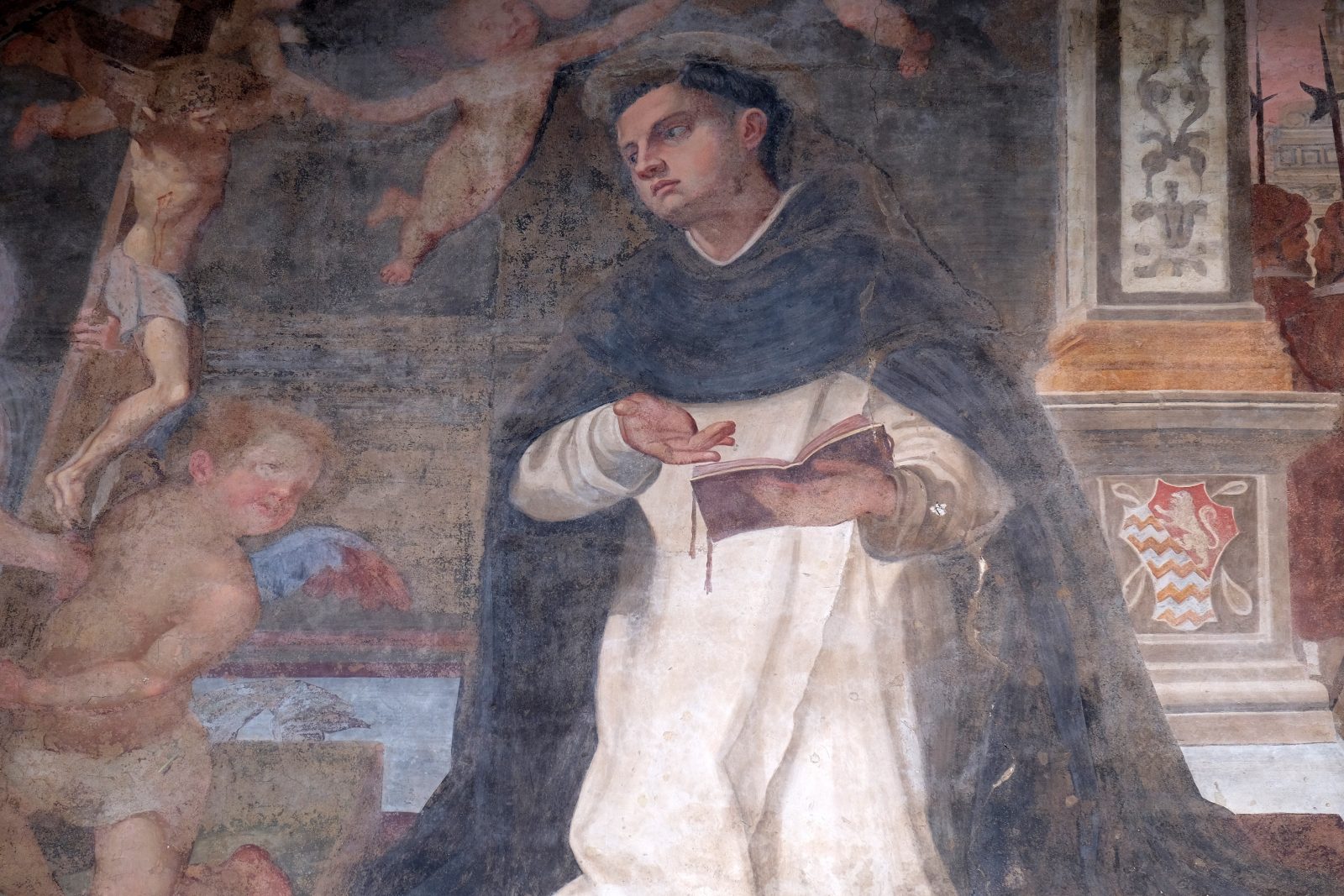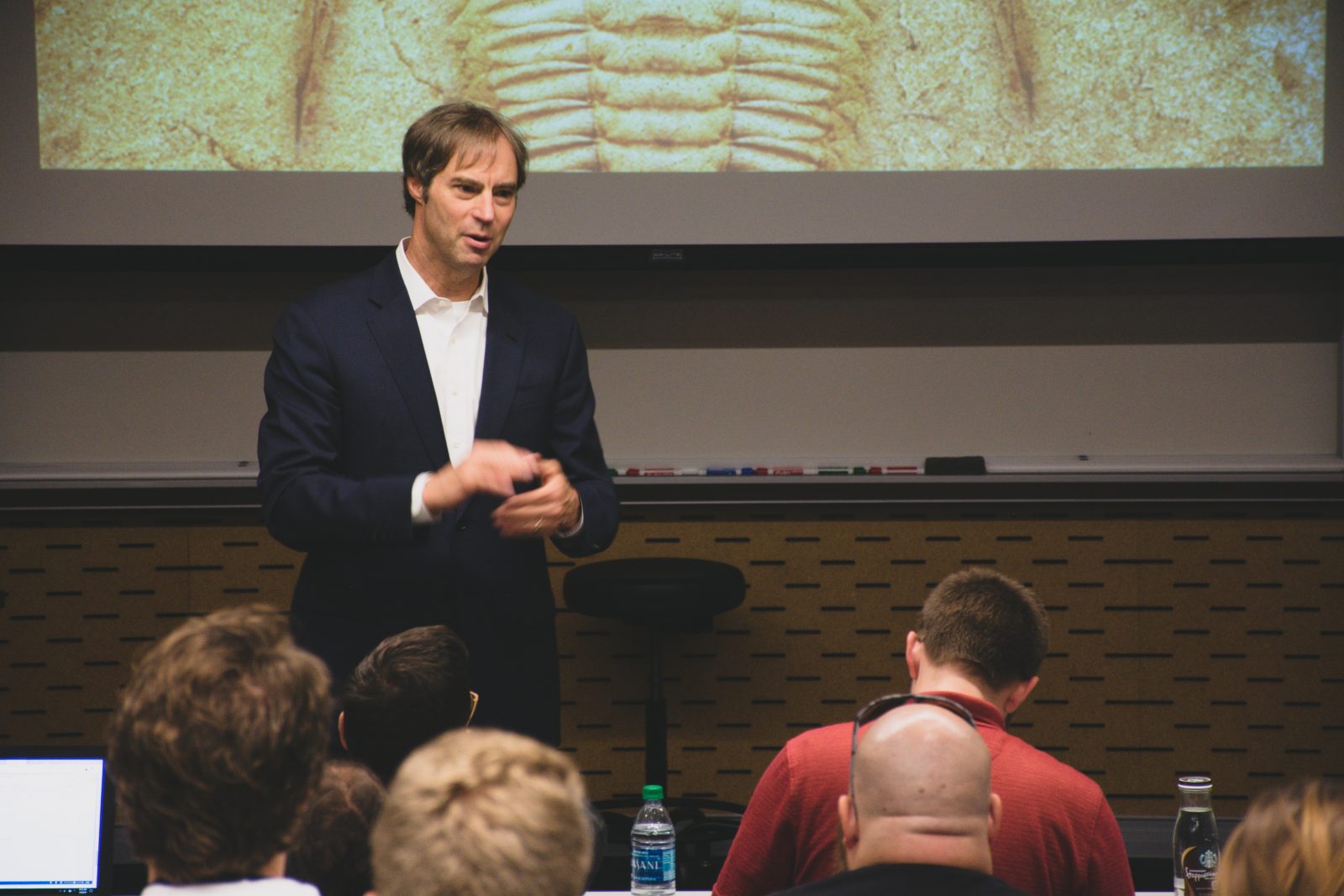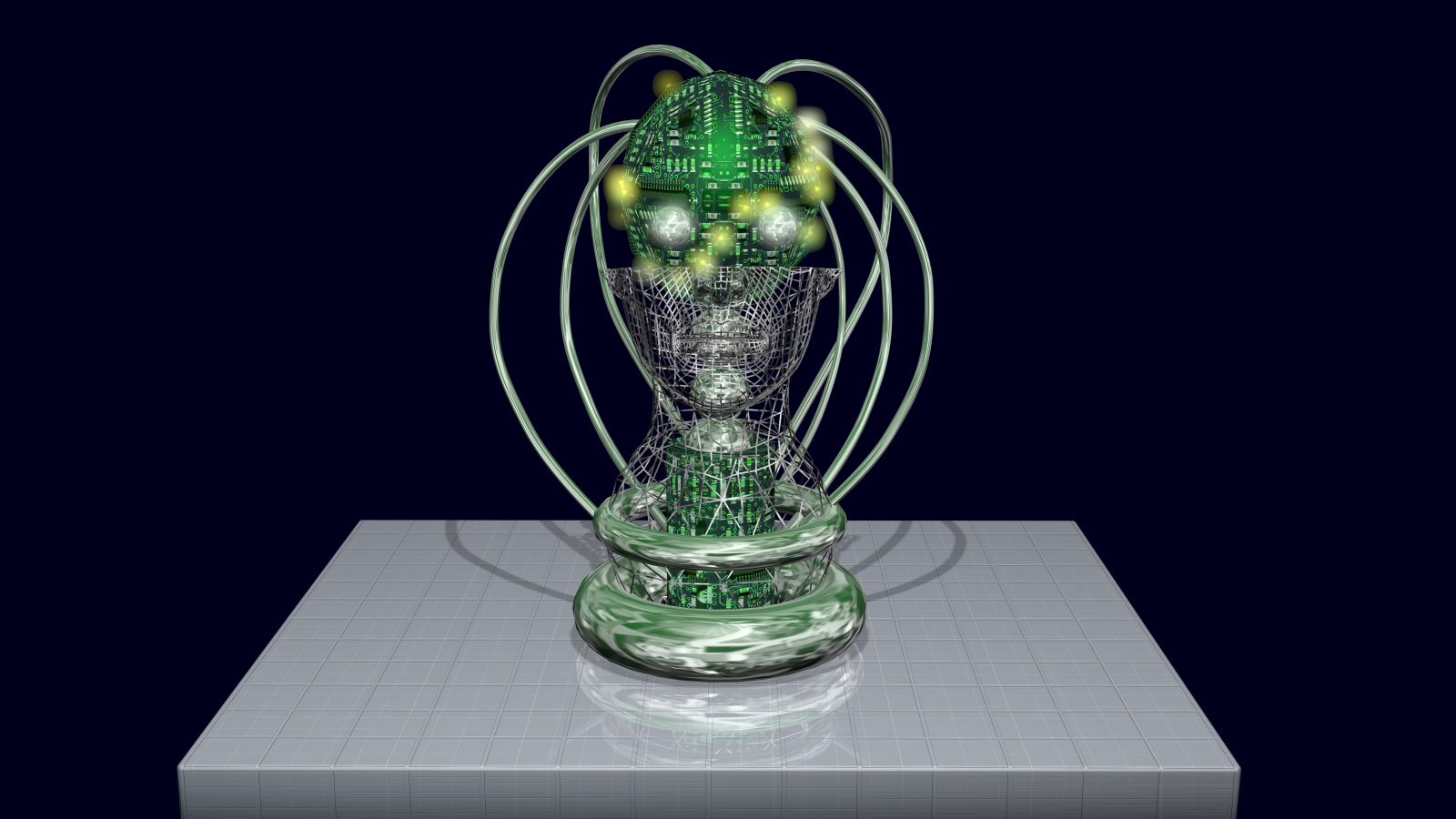
Pt. 4: Stephen Meyer and Skeptic Michael Shermer
This ID the Future wraps up a lively four-part series between religious skeptic Michael Shermer and Return of the God Hypothesis author and philosopher of science Stephen Meyer. Here Meyer underscores the fact that every worldview must posit something as the prime reality, and he argues that positing mind (rather than matter) as the prime reality solves far more problems in science, and not just in origins science. What about the idea of a multiverse to explain the fine tuning of the laws and constants of physics? Meyer concedes that this is a solution of sorts, but it comes at a tremendous cost, which he explains. That’s just a taste of where Meyer and Shermer go in this final segment. Also threading its way through this rich finale–Deepak Chopra’s eastern take on reality, the mind-bending idea of absolute nothingness, mind-body dualism, Michael Polanyi, John Searle, and even a cameo appearance from the Boltzmann brain. This podcast series is posted here by permission of Michael Shermer. The full video conversation is available here.



